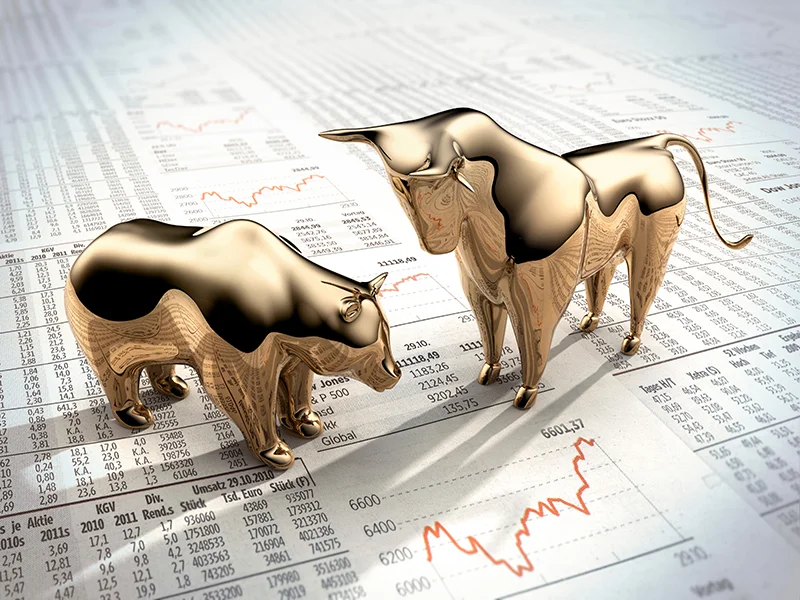

Grey market or parallel market is a market for trading stocks and applications before their official launch. This is an unofficial market and trading is mostly done through cash and in person. There is no involvement of third-party institutions such as Stock Exchanges or regulatory bodies like SEBI. In India, two of the popular terms related to grey market IPO or Initial Public Offering include Kostak and Grey Market Premium.
Grey markets have long been in existence in India as parallel markets for trading stocks. These markets primarily function on the demand and supply situation to allow traders and retail investors to trade in shares before these are actually listed.
Here are some of the instances when investors can use the grey market for investments:
A grey market stock is a company’s stock that is unofficially offered and bid by traders. If a company chooses to offer its stock in the grey market before the shares are issued through Initial Public Offering or IPO, it is known as a Grey Market Stock.
A very small set of traders deal in the grey market stock and such trades are carried out based on mutual trust among individuals. In India, this type of trading in the grey market stocks is not considered illegal but is not regulated by SEBI. Such trades cannot be settled until the commencement of official trading.
The price commanded by IPO shares in the grey market is known as grey market premium. The stocks of a company that comes up with an IPO may be bought and sold in parallel to the official stock markets. With the help of grey market premium, investors and other stakeholders can gauge how the IPO will perform on its listing day.
Let’s take an example to understand how the grey market premium works. Suppose the issue price of a stock A is Rs. 200. The grey market premium for the same is Rs. 300. This indicates that investors are willing to buy the shares of Company A at Rs. 500 (200+300). Thus, the grey market premium of any IPO will depend on its demand.
Here are the key steps involved in the trading of IPO shares in a grey market:
In India, there are a few types of trading that take place in the grey market:
Here are some of the adverse impacts of grey market trading on businesses in the context of stock markets:
Grey market is mostly used as an indicator by investors of near-future stock performance once it is listed. But you should bear in mind that the grey market is an unofficial channel and regulated members like SEBI, brokers or any investment platform are not involved in the grey market and hence it comes with its own set of risks. It helps buyers and sellers as much as companies while issuing an IPO to gauge the market sentiments and avail benefits of price discovery.
IPO applications are traded in the same way as IPO shares in the grey market. The primary difference is that the buyer has to pay the seller a premium price even if the seller is not allotted any shares through the application.
Trading in the grey market is mostly done via phone calls since it is unofficial. There is no presence of any registered authorities or traders in this market. Anyone looking to trade in the grey market must contact a local dealer to find buyers and sellers.
Grey markets provide investors and traders an opportunity to gain through buying or selling before the security is actually traded on stock exchanges. It also gives an idea about the potential gains or losses to be made from an IPO by gauging sentiment through the grey market dealings.
Kostak is the premium at which an IPO application is traded in the grey market. In simple terms, it is the rate of profit one can make by selling an IPO application before it is allotted or IPO issue listing.
Just like stock prices, grey market IPO prices are decided basis its demand and supply. If an IPO subscription is lower than the stated shares, the grey market prices will be lower and vice versa.
Ready to take your portfolio to the next level? Explore our carefully curated New Year 2025…
This Diwali, we present a portfolio that reflect both sector-specific and stock-specific opportunities. With 2…
Thank you for showing interest in taking a BTST position using our Delivery Plus product.…
Thank you for showing interest in the consultation on trading strategies! Our expert will reach…
Even if you are a new participant in the stock market, the process of buying…